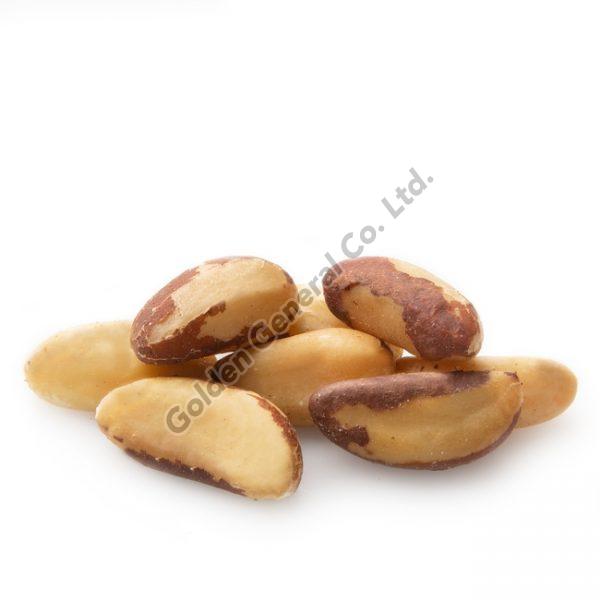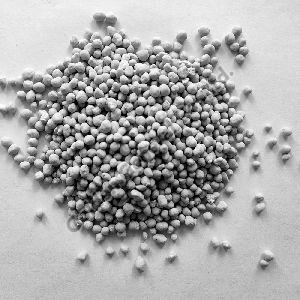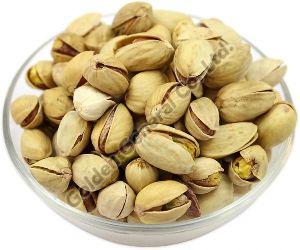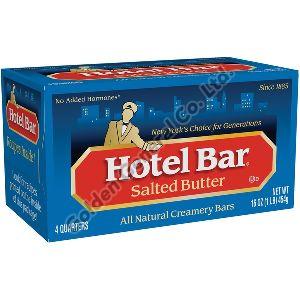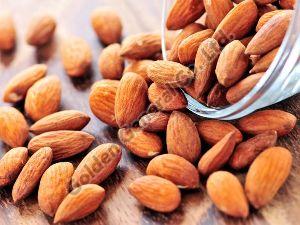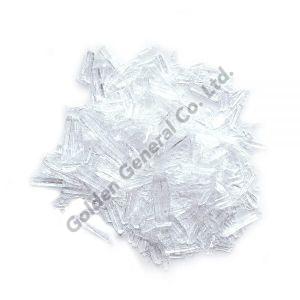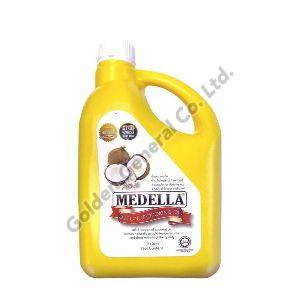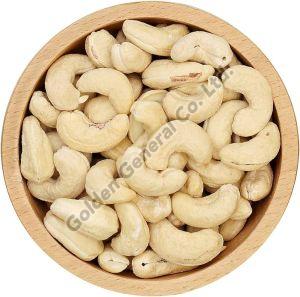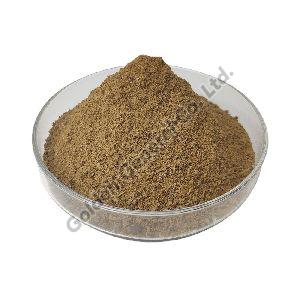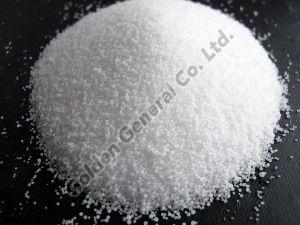Watson Lane
| Business Type | Exporter, Supplier, Trader |
| Certification | FSSAI Certified |
| Application | Milk, Sweets |
| Shelf Life | 1year |
| Click to view more | |
Preferred Buyer From
| Location | Worldwide ( Except India) |
Product Details
Internally, each fruit pod features 10-25 seeds (kernels), arranged in segments. Each kernel, in turn, is encased in its thick dark-brown thin shell. An edible white meat kernel features a triangular base with sloping sides, and sweet, nutty flavor and weighs about 5 g.
- Raw Brazil nuts are high in calories, contain good quantities of vitamins, anti-oxidants, and minerals. Its kernels, in fact, have been major energy sources of native Amazonians even today.
- 100 g of brazil nuts provide about 656 calories. Their high caloric content chiefly comes from their fats. However, much of this fat content is monounsaturated fatty acids (MUFA) like palmitoleic acid (16:1) and oleic acid (18:1) that helps lower LDL or “bad cholesterol” and increase HDL or “good cholesterol” levels in the blood. Research studies suggest that Mediterranean diet that is rich in monounsaturated fatty acids offers protection from coronary artery disease and strokes by favoring healthy blood lipid profile.
- The nuts are also a great source of vitamin-E; contain about 7.87 mg per 100 g (about 52% of RDA). Vitamin-E is a powerful lipid soluble antioxidant. It required for maintaining the integrity of mucosa and skin by protecting it from harmful oxygen-free radicals.Buy Brazil Nuts in Bulk
- Selenium
- Raw Brazil nuts hold exceptionally high levels of selenium. So 100 g nuts provide about 1917 µg, or 3485% of the recommended daily intake of selenium, rating them as the highest natural sources of this mineral. Selenium is an essential cofactor for the anti-oxidant enzyme, glutathione peroxidase. Just 1-2 nuts a day provides enough of this trace element. Adequate selenium in the diet can help prevent coronary artery disease, liver cirrhosis, and cancers.
- Furthermore, just as in almonds and pine nuts, brazil nuts too are free from gluten protein. For the same reason, they are one of the popular ingredients in the preparation of gluten-free food formulas. These formula preparations are, in fact, healthy alternatives in people with wheat food allergy and celiac disease.
- Additionally, these creamy nuts are an excellent source of the B-complex group of vitamins such as thiamin (51% of RDA per 100 g), riboflavin, niacin, pantothenic acid, vitamin B-6 (pyridoxine), and folates. Altogether, these vitamins work as co-factors for enzymes during cellular substrate metabolism inside the body.
- In addition to selenium, they hold superb levels of other minerals such as copper, magnesium, manganese, potassium, calcium, iron, phosphorus, and zinc. Copper helps prevent anemia and bone weakness (osteoporosis). Manganese is an all-important co-factor for the antioxidant enzyme, superoxide dismutase.
Brazil nut oil,
extracted from these nuts, has many traditional medicinal applications as an emollient and massage oil. It has clear yellow color with a pleasant sweet smell and taste. Its emollient property helps keep skin well protected from dryness. It has also employed in the cooking, and as “carrier or base oil” in traditional medicines in aromatherapy, in the pharmaceutical and cosmetic industry.
Looking for "Brazil Nuts" ?
Explore More Products


